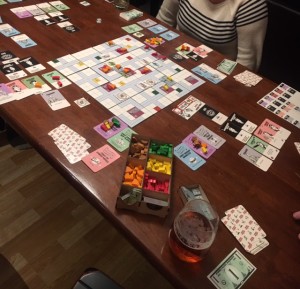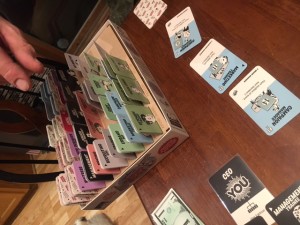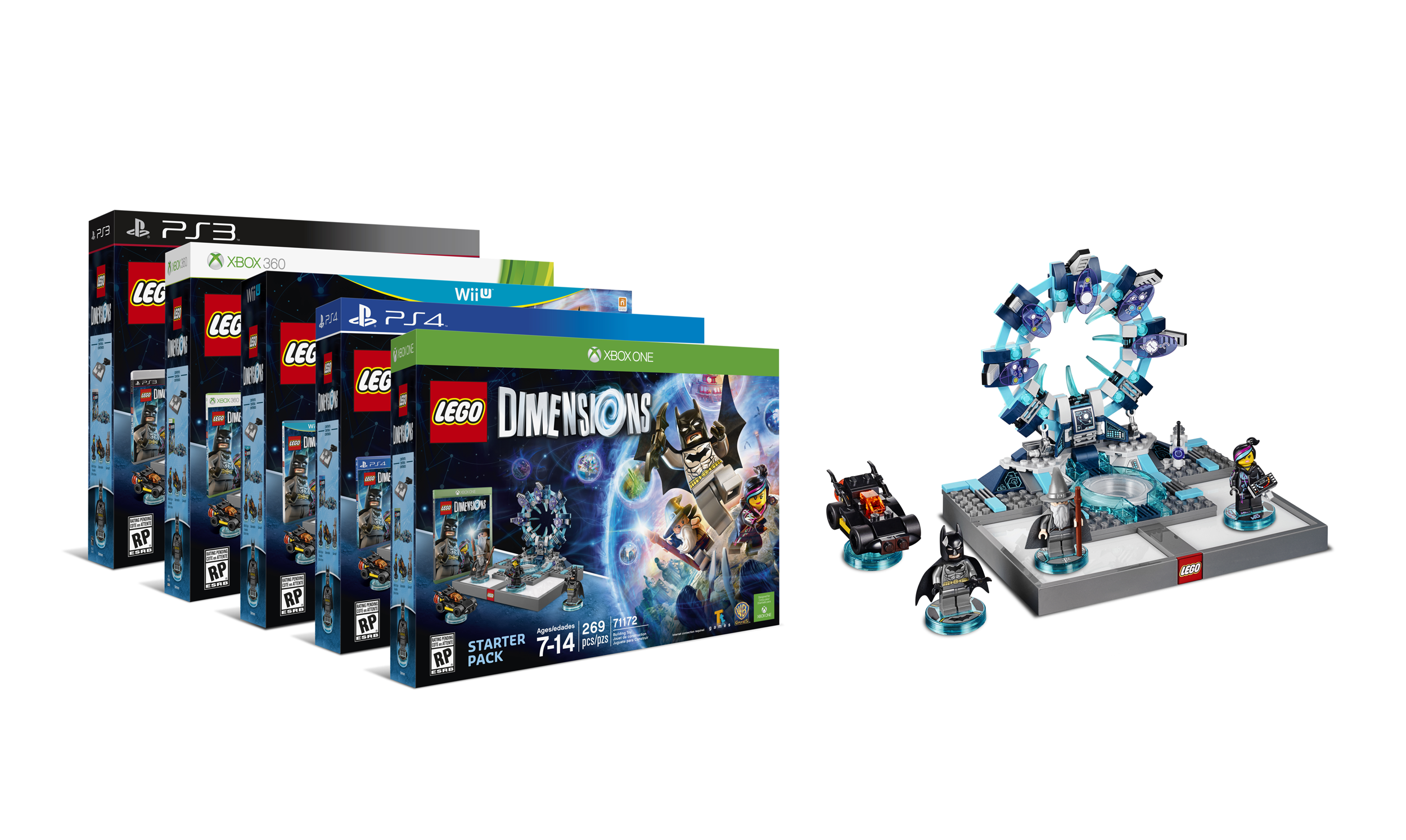This post is the first in a monthly series where I play, review, and share some reactions to the top 30 board games as determined by Board Game Geek. Board games should not be beyond the reach of serious critical inquiry. Board games crush video games in the Kickstarter arena, it takes far less to make and publish a board game, and they have double digit growth, approximately 35% growth in 2016 to be specific. Board games have reached over a billion worldwide sales, while video game growth is plunging. Last year they only grew by 4%, the smallest margin in years.True, with video games surpassing the 100 billion mark, it may seem like board games are a blip on the radar. But at the current rate, it will take just 18 years before board games surpass video games. Far from being worrisome, I see this as an opportunity. Video games exploded so far, and they escaped critical attention for so long, that they became toxic seemingly overnight. But we have a chance to mold this growing board game community from the ground floor. We can make some concerns central from the get-go: who is included? Who is making the games? Is there a diverse range of stakeholders involved? Are the representations of people’s cultures as thoughtful and respectful as possible?
I’m optimistic. I think we can make this culture better than games. I think we can make it inclusive and innovative and as much fun as possible for all people who want to get their game on.
 Food Chain Magnate, by Splotter, is one of the most complicated board games I’ve ever played. The first night my group tried, we spent about two hours trying to play and managed to only set up the game and get ½ way through the second of 7 steps of one round. The way the cards and the board is set up, there isn’t even room for people to play at my table. Needless to say, we abandoned the game for the night and played a much more palatable round of Sushi Go. The second time was much better, since we had a friend who is a savant at reading directions and understanding game mechanics prep the night before.
Food Chain Magnate, by Splotter, is one of the most complicated board games I’ve ever played. The first night my group tried, we spent about two hours trying to play and managed to only set up the game and get ½ way through the second of 7 steps of one round. The way the cards and the board is set up, there isn’t even room for people to play at my table. Needless to say, we abandoned the game for the night and played a much more palatable round of Sushi Go. The second time was much better, since we had a friend who is a savant at reading directions and understanding game mechanics prep the night before.
FCM is set in the 1950s where you play as the CEO of a food chain. Your goal, of course, is to make the most money by the end of the game, but it is the way to get to the win that makes the game so fascinating. But more on that in a second. The first thing that you notice when you play the game is the amazing art style. It is true to the 1950s visual style and has a lot of really unique details that keeps the play interesting and fun.
That said, you don’t adopt an art style that has heavy sexist and racist connotations, let alone set a game in a time where white men were the only ones allowed to be visibly successful, without facing the dilemma all historical games face: do you recreate the racism, sexism, and other issues present in the time period or do you rewrite history with a more contemporary perspective? Well, Splotter chose to recreate it—not the worst elements, but it’s impossible to play without noticing. The women on the cards are all flirty and objectified, while the men mostly have powerful depictions. What’s worse is that the few women in the game are relegated to lower level type positions (recruiting girl, waitress), while white men get the range of positions and all of the managerial positions: marketing, management, etc. I struggled with this as I played, though I understand the choice of the developer to go this route and stay “true” to the time period. I would rather have seen more diversity in the types of people you play, but I didn’t feel like the game was encouraging or perpetuating the ideas either, just presenting them as fact—which of course is problematic in their own right. If you’re going to play this game, be prepared for some annoyance with this. For my group, it lead to some really interesting discussions about how women were treated in the 1950s, so at least there was that.
What makes this game so fun to play—and worthy of being in the top 30—is the type of strategies one can use in the game. In our one play of the game, each of the four players had drastically different strategies, each one with merits and downfalls. It make the play so unique, because there are literally infinite strategies you could use. What’s more interesting, is that the person who won (not me) used the craziest strategy I could have thought of: he did nothing for the first ¾ of the game except draft and play managers. He produced nothing, he sold nothing. But then he slashed his prices and put all his chefs to work, flooding the market with cheap goods. Although I had been gathering money and goods for 20+ rounds, it didn’t make a difference. I couldn’t even be mad, because I was so blown away by the strategy and how closely it matched the Walmart/McDonald’s technique. The connections we made to actual economic situations really made the game for me.
 Another cool thing about FCM is that the developer is really active in the community. We had a few questions come up during play (did I mention it is a really complicated game?), and when we went to Board Game Geek, we found it was the development team that was in there answering questions. It’s nice to see that kind of engagement with the community.
Another cool thing about FCM is that the developer is really active in the community. We had a few questions come up during play (did I mention it is a really complicated game?), and when we went to Board Game Geek, we found it was the development team that was in there answering questions. It’s nice to see that kind of engagement with the community.
So should you buy Food Chain Magnate? If you are pretty dedicated to games, find the theme really compelling, or have a friend who is a savant at learning rules, it can be worth the money. At around $100 per game, though, it is quite the investment. I’d recommend playing someone else’s version before you jump into the purchase yourself. But for me, I’m so glad I bought it and got the chance to play. Worth all 10,000 pennies.




